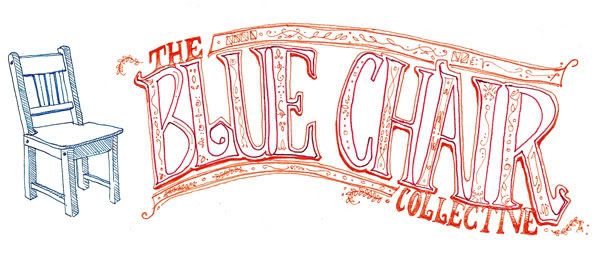Television shows, almost always, are episodic. An episode starts and ends, has a beginning-middle-end, has a conflict and resolution. No two shows hold bearing on each other, save for maybe a loose character arc spanning many television seasons.
In the past decade, this has changed. Television shows are different than they used to be. Aside from the obvious changes in visual aesthetic (driven by the convenience of new technology) the viewer now gets a new kick from tuning into a show every week- plot. A season of a television series generally covers, from start to finish, a major phase in the lives of the characters on the show. Enthusiasm for this type of storytelling has increased since television series have begun to find popularity on DVD- the viewer can now tear through hours and hours of television in one sitting if the wish, amplifying the value which can be placed on larger-scale storylines.
The modern audience expects more of its entertainment- more depth, more character development. The sitcom can't just be funny anymore- the characters must have real depth, hopes and dreams. Their interactions must be intricate and ambiguous. As the look and feel of the television show becomes more cinematic, the audience demands that the writing follow suit. Even on sitcoms such as "The Office," drama goes hand-in-hand with the off-the-wall comedy we've always enjoyed.
The Internet is another great development regarding television, since it places fewer constrictions on the content creators. No network television shows are yet produced for the internet as a primary outlet, though a few independent crews have found great success with web sitcoms, such as "The Burg" and "We Need Girlfriends". However, the freedoms of the internet will inevitably draw production to aim towards it as a primary venue. On the internet, there are no "time slots". Even if a show has a target length, the writers, directors, and editors need not compromise their artistic integrity for the sake of bringing in a show at exactly twenty-two minutes. There is no "primetime" for web viewing- any show can be watched and enjoyed by a given demographic (if marketed well) regardless of the time of day. Indeed, an episode may even be watched far after its initial broadcast.
The summation of these factors is this: since television programs now can be watched at any time, in either short intervals or long marathons, and produced for any desirable length, the emphasis on the division of episodes, or the definition of an episode, begins to dissolve as the greater storyline begins to take priority. Effectively, the show is being written and shot "as they go along". Writers may write a drawn-out, sixty-minute screwball comedy or choose to write twelve minutes of intense drama, and either of these may be published on the internet at any interval. All of these segments simply add to the larger story- actually "larger" is not an adequate word to describe these stories, since a 100-episode series (roughly four seasons, a short run for a successful american television series) is quite a long story.
Interest in stories this long has been rare since the advent of the novel in the mid-nineteenth century, replacing the traditional romances and epic poems. Of course, these stories are vastly different than the traditional epics, but it points out that the interest exists to be entertained in this way. I'm not sure what it really means.
6.01.2008
Subscribe to:
Post Comments (Atom)

No comments:
Post a Comment